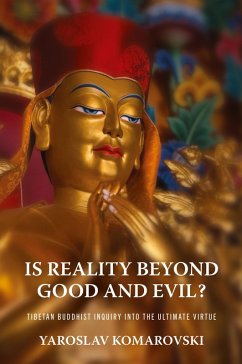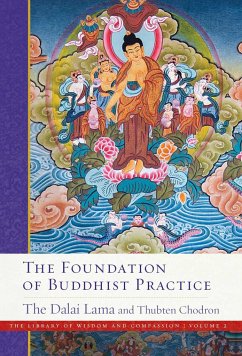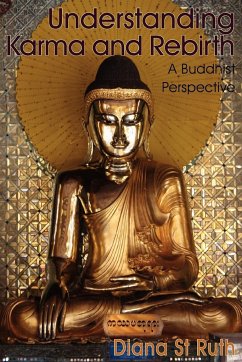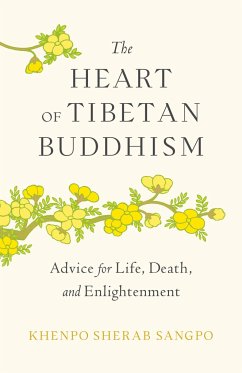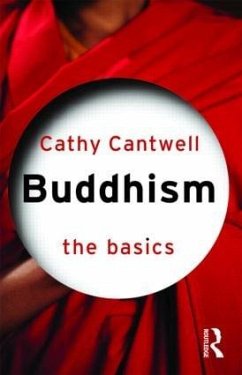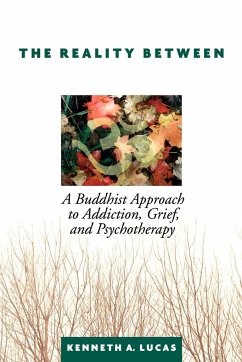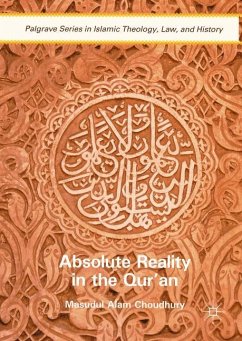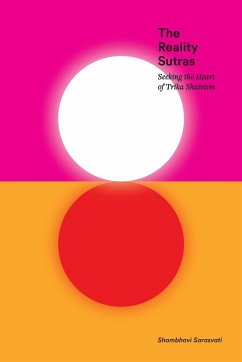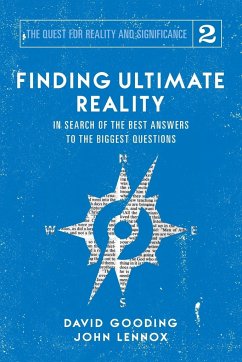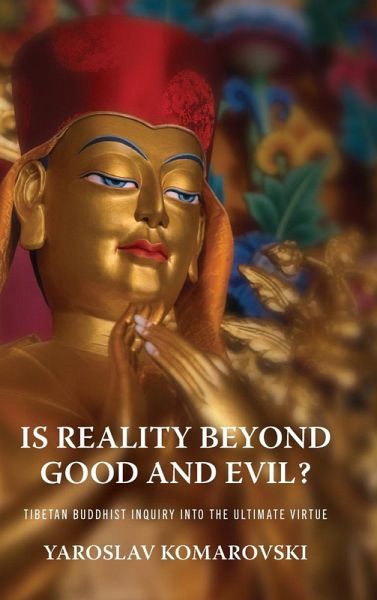
Is Reality Beyond Good and Evil?
Tibetan Buddhist Inquiry Into the Ultimate Virtue
Versandkostenfrei!
Versandfertig in 1-2 Wochen
119,99 €
inkl. MwSt.
Weitere Ausgaben:

PAYBACK Punkte
60 °P sammeln!
Illuminates the debate on the nature of virtue and ultimate reality Tibetan Buddhist thinkers agree that, on the most fundamental level, our nature is pure. What exactly that ultimate nature is, however, remains the subject of debate. Yaroslav Komarovski's new book appraises how divergent understandings of the ultimate nature by Tibetan thinkers, including ideas informed by two conflicting yet complementary systems of Buddhist thought--Yog¿c¿ra and Madhyamaka--affect their diverse approaches to understanding virtue, and how their understandings of virtue in turn relate to their approaches to...
Illuminates the debate on the nature of virtue and ultimate reality Tibetan Buddhist thinkers agree that, on the most fundamental level, our nature is pure. What exactly that ultimate nature is, however, remains the subject of debate. Yaroslav Komarovski's new book appraises how divergent understandings of the ultimate nature by Tibetan thinkers, including ideas informed by two conflicting yet complementary systems of Buddhist thought--Yog¿c¿ra and Madhyamaka--affect their diverse approaches to understanding virtue, and how their understandings of virtue in turn relate to their approaches to the Buddhist thought and practice. Tracing the origins of the polemics on ultimate virtue back to the Indian texts and writings of early Tibetan thinkers, Komarovski focuses chiefly on the works of the two seminal thinkers of the Sakya tradition of Tibetan Buddhism, Serdok Penchen Shakya Chokden (1428-1507) and Gowo Rapjampa Sönam Senggé (1429-1489), and offers both a learned summary of a historical controversy and a modern commentary on this vital debate.





